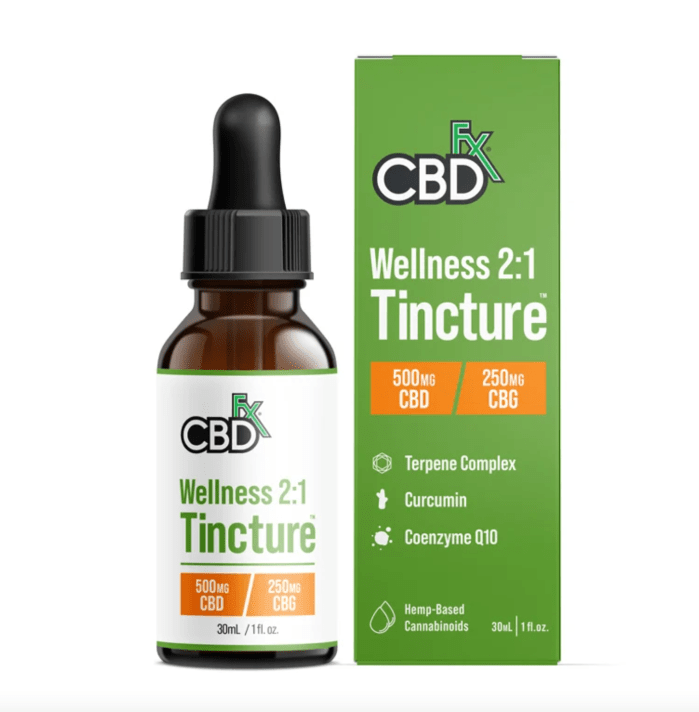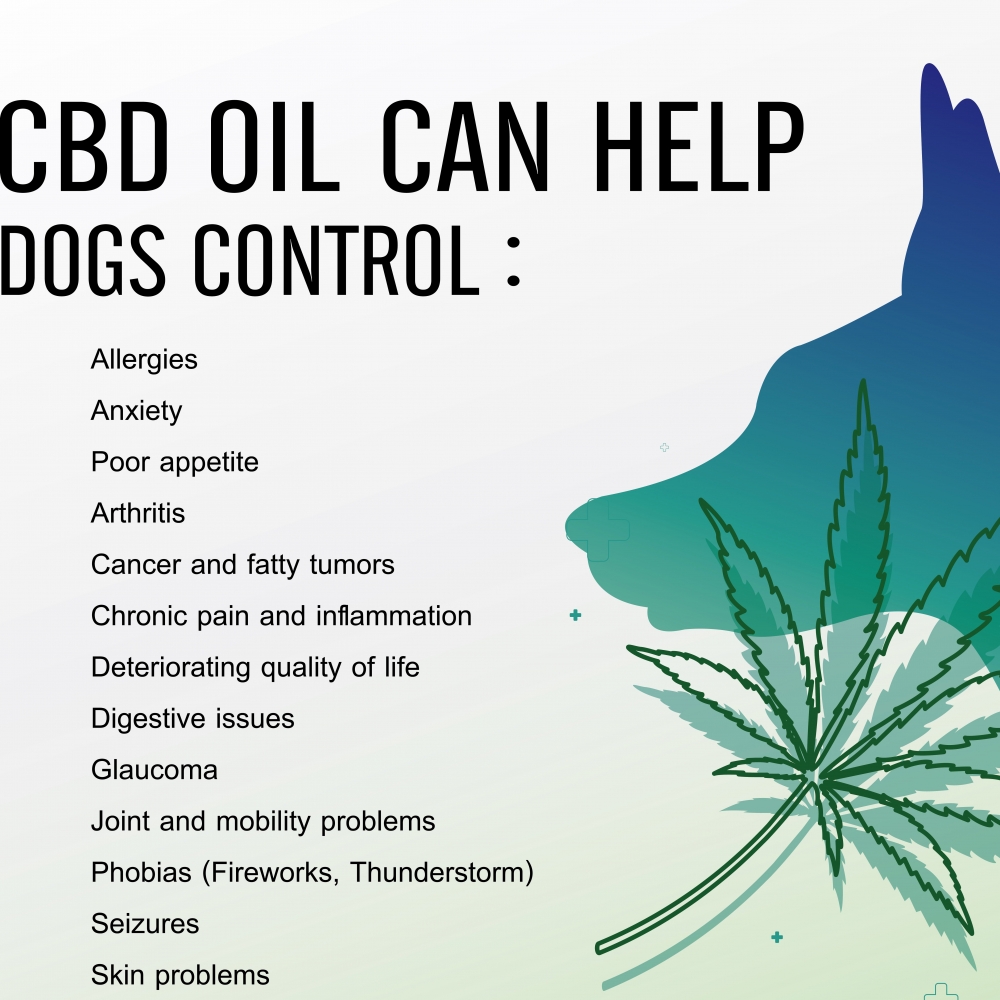
While many people believe that CBD is safe to use, there are some risks to using it if you are taking other medications. CBD interactions could cause side effects, especially if CBD is being used with antihypertensive drugs or epilepsy drugs. Moreover, the drug's effects on your body can be enhanced by taking a dose of CBD with an antihypertensive medication.
Consult your doctor before deciding on a dosage. Here is a list containing common medications that interact with CBD. The following list does not mean that CBD cannot be taken, but it is important to know the names of some common medications. CBD taken in high amounts can lead to a greater potency and a higher risk of adverse reactions.
Anxiety medication interactions are the most common and serious side effects of CBD. Anti-anxiety drugs like pheniramine or benzodiazepines can decrease the effectiveness of CBD, and may cause side effects. Doctors discourage the use of anti-anxiety drugs like benzodiazepines, pheniramine, and pheniramine with CBD.

CBD may affect the endocannabinoid (ECS). This system helps regulate neurotransmitters in the brain and the nervous system. When the ECS is disturbed, it can cause adverse effects on your mood, nervous system and physical health. As a result, you can experience increased symptoms such as insomnia and drowsiness. It is possible to experience symptoms such as fatigue, vomiting or pyrexia.
You can increase your CBD serum concentration by taking anti-hypertensive drugs such as potassium channel blocking medications, calcium channel blockers, diuretics and potassium channel blockers. They may cause a drop to blood pressure that can lead to fainting.
CYP enzymes are a group of enzymes that break down many clinically prescribed medications. The liver metabolizes CYP2C19 as well as CYP3A4. However, CYP1A2 (and CYP2C8) are not metabolized in the liver. To determine if a prescription medication is metabolized, you should read the label.
Meglitinides are a class drugs that is used to treat diabetes. They are metabolized using CYP2C8. CBD interferes in meglitinide metabolism and can cause them to accumulate in your body. Meglitinides stimulate insulin release, so combined effects can lead to hypoglycemia.

CBD can also affect the metabolization of tacrolimus, an asthma medication. CBD has been found to reduce the metabolism tacrolimus - a medication that prevents organ rejection in transplant patients.
HIV/AIDS drugs could also interact. While these medications can increase CBD's lifespan, they can also have a negative effect on the body's immune systems. It's important to note that you should only take anti-HIV/AIDS drugs under a doctor's care.
Some believe that CBD, even a low dose, can help lower blood pressure. If taken with anti-hypertensive and blood pressure medications, this could prove to be dangerous. Your body may also be exposed to more blood thinners. They can cause traumatic bleeding if there are high levels.
FAQ
Is there evidence that CBD reduces anxiety?
CBD oil is an effective treatment for anxiety. This happens because it interacts to certain brain receptors called CB1 (and CB2), respectively. The endocannabinoid system regulates mood and stress responses.
When we feel anxious, our bodies release chemicals that activate the CB1 receptor. When activated, the receptor sends signals back to the amygdala that is responsible for emotional processing.
When the CB1 receptor blockage occurs, the amygdala is unable to receive the signal necessary for processing emotions. CBD users experience less negative emotions.
2017 research showed that CBD has been shown to reduce anxiety in those suffering from socialphobia. Another study showed that CBD reduces symptoms of PTSD.
A 2018 review concluded CBD's anxiolytic qualities could be helpful in treating generalized anxiety disorder.
Another study indicated that CBD might help reduce panic attacks.
Numerous studies have found that CBD can increase anxiety in mice.
The researchers believe that this discrepancy between human data and animal results may be due to differences in how humans and animals respond to CBD.
There are no long-term safety studies available for CBD. Experts are unanimous that CBD is safe if used as directed.
How much CBD should I use?
The product type you're using will affect the amount of dosing.
Most CBD oils come in strengths ranging from 100mg to 1,000mg per bottle.
Some CBD products come in specific doses such as 25mg 50mg and 75mg.
Charlotte's Web, for instance, produces CBD products that are high in CBD and other cannabinoids.
If you're unsure whether or not CBD will work for you, start with a low dose.
You can always go up later.
Does CBD have a future?
Yes. The answer is no, not because of its medicinal benefits, but because it helps people feel better without getting high.
People who want an alternative to prescription medications will love the fact that you don't feel any different after you use it.
There is ample evidence to support the claims that cannabis can relieve pain, anxiety, depression, insomnia, among other conditions.
Cannabinoids found in cannabis also interact with the receptors in our brains. This interaction can produce feelings of relaxation, well-being, and even a sense of well-being.
It is essential to learn about CBD oil and its effects if you want to use it for health reasons.
Is CBD a good business to invest in?
As more people are aware of the many benefits of hemp-based products and their market, it continues to grow. According to some estimates, there will be 1 billion dollars worth of hemp-based products in stores by 2022.
The market is also expected to continue growing at an annual rate of over 20% until 2020, when it reaches $2.5 billion.
Hemp oil is already used in many beauty and health care products such as lotions, shampoos, lip balms, moisturizers, body butter, and skin creams.
There are many CBD-infused food items, such as snacks, dog treats and pet foods, that can be produced by companies.
CBD is currently legal in all 50 states, although this may change soon. CBD is legal in all 50 states, but more research will be conducted to determine its potential uses. Businesses will have an easier time operating legally.
These are all factors that make CBD investments a viable venture.
Is there a CBD industry that is growing?
The answer is yes! This growth is expected to continue as legalization expands across North America. Canada, which legalized recreational cannabis, has passed several medical marijuana laws.
This trend will likely continue for at least another decade as more states pass legislation allowing access to medicinal marijuana.
Legalizing marijuana is also a good economic decision. As well as providing a lucrative alternative market for farmers, there are many other benefits to legalizing pot.
It could help decrease crime rates by reducing illegal drug availability. It could also help governments generate tax revenue.
As more people turn to legal weed, they may also choose to consume less alcohol. This would mean fewer hangovers and lower health care costs.
In addition, marijuana might actually improve the quality of life for those who suffer from chronic pain. Many believe THC, the active component in marijuana, is responsible for relieving symptoms like muscle spasms or nausea that can be caused by chemotherapy.
Finally, marijuana might become a valuable tool for treating mental illnesses such as depression and anxiety. According to some studies, marijuana can be used to treat schizophrenia.
The future is bright for CBD, but there are still many challenges ahead.
Statistics
- The inhibition of FAAH is predicted to lead to an increase in brain and plasma concentrations of AEA, which acts as a partial agonist at CB1R and CB2R, thereby increasing endocannabinoid tone [92, 110]. (ncbi.nlm.nih.gov)
- A recent systematic review of human trials also reported that individuals with epilepsy receiving CBD (5–20 mg·kg−1·day−1) were more likely to experience decreased appetite than those receiving placebo (i.e., ~20 vs. 5% of patients) (ncbi.nlm.nih.gov)
- As a substance that was federally illegal before the passage of the 2018 Farm Bill, hemp-derived cannabinoids with no more than 0.3% THC still face a regulatory grey area. (forbes.com)
- The use of these products is likely to become even more widespread if the World Health Organization's recommendation that CBD no longer is scheduled in the international drug control conventions is adopted by the United Nations member states [201]. (ncbi.nlm.nih.gov)
- While the primary injury may not be treatable, interventions that attenuate secondary sequelae are likely to be of benefit [203].Only one study (ncbi.nlm.nih.gov)
External Links
How To
What are the issues that the CBD industry faces?
The current market for CBD-based products is expanding at a phenomenal rate. Businesses looking to get into this market face many obstacles. These include a lack consumer awareness, high-cost entry, limited access capital and regulatory uncertainty.
Many consumers aren't aware of the benefits and limitations of CBD. This means that consumers are unable make informed decisions about purchasing CBD products.
As a result, most CBD companies rely heavily on word-of-mouth marketing. This can be costly as it involves advertising and staffing to promote the brand.
Another issue for new entrants is the high cost production. The raw materials needed to create CBD products are quite expensive. To make CBD oil, hemp must be grown in certain climates and soil types.
For CBD oil to be produced, you need to plant enough hemp. This costs about $1,000 an acre. This means that many small farmers cannot afford the cost of starting.
Access to capital is another challenge for new entrants in the CBD market. Many people who want to start a business are discouraged by banks due to the stigma associated with the industry.
Finally, there is regulatory uncertainty surrounding the sale of CBD products. There are currently no guidelines on how CBD products should marketed.
While some states have passed legislation restricting CBD products' sale, it has not been adopted as a national policy.
Only Nevada, Maine, and Nevada have legalized recreational pot.
Massachusetts and Michigan are however considering similar measures.
These changes could lead to increased competition between CBD manufacturers.
Many entrepreneurs prefer to work at home over starting a business.